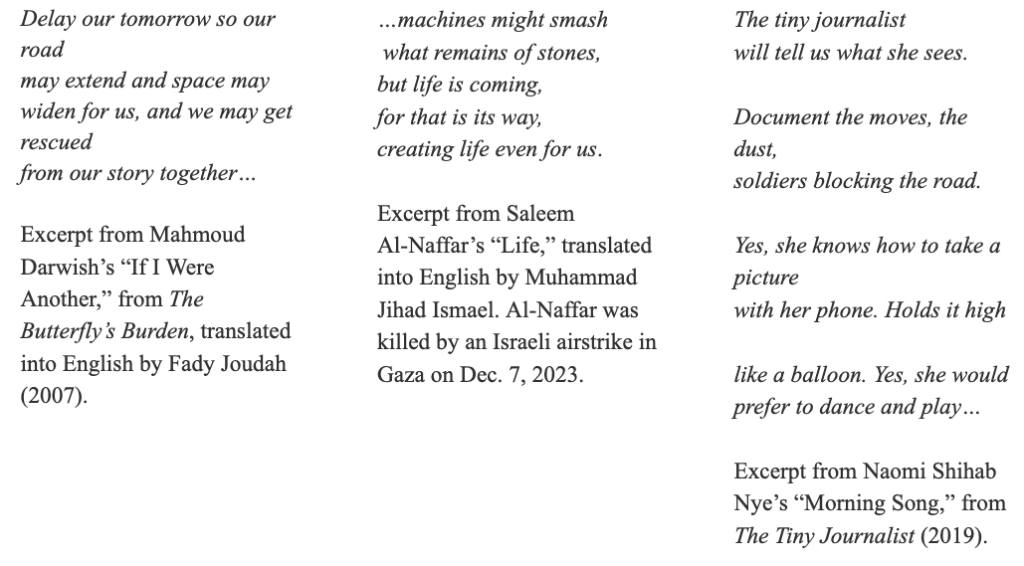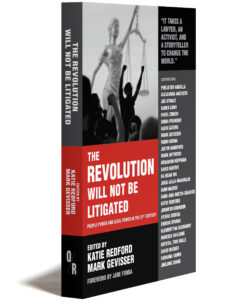Nick Leiber

John Boston is one of America’s leading prisoners’ rights litigators and co-author of the bestselling Prisoners’ Self-Help Litigation Manual, which has aided countless incarcerated individuals and attorneys navigating the U.S. civil litigation system. As the former director of the Prisoners’ Rights Project of the Legal Aid Society of New York City, Boston helped bring landmark cases against officials who violated the rights of incarcerated people in New York State’s jails and prisons. Boston’s other book, PLRA Handbook: Law and Practice Under the Prison Litigation Reform Act, helps incarcerated litigants avoid pitfalls imposed by the federal statute. He is working on a fifth edition of the Prisoners’ Self-Help Litigation Manual with co-author Dan Manville. Boston, who joined Legal Aid in 1976, retired in 2016, and continues as a volunteer, spoke with CUNY Law Review Digital Editor Nick Leiber about his life’s work, strategies for obtaining justice for incarcerated individuals, and what brings him hope. This interview has been edited and condensed for length and clarity.
Continue reading



 Photo credit: Adam Schultz Creative Commons/
Photo credit: Adam Schultz Creative Commons/